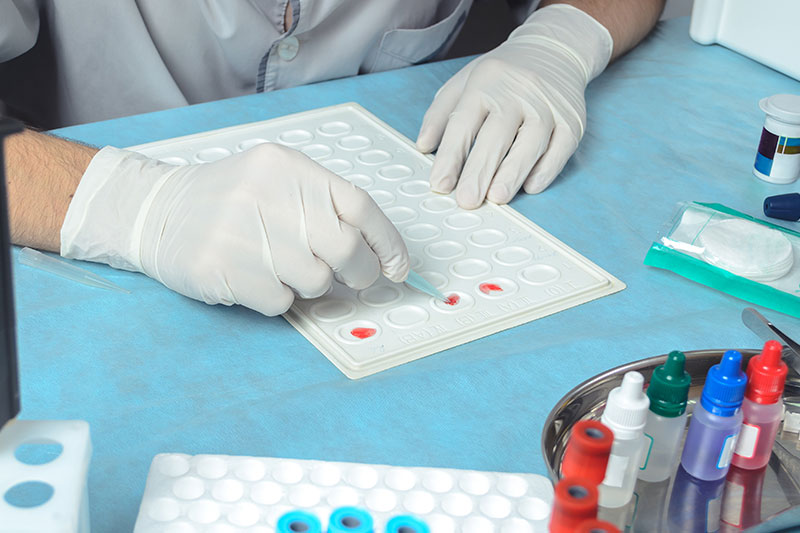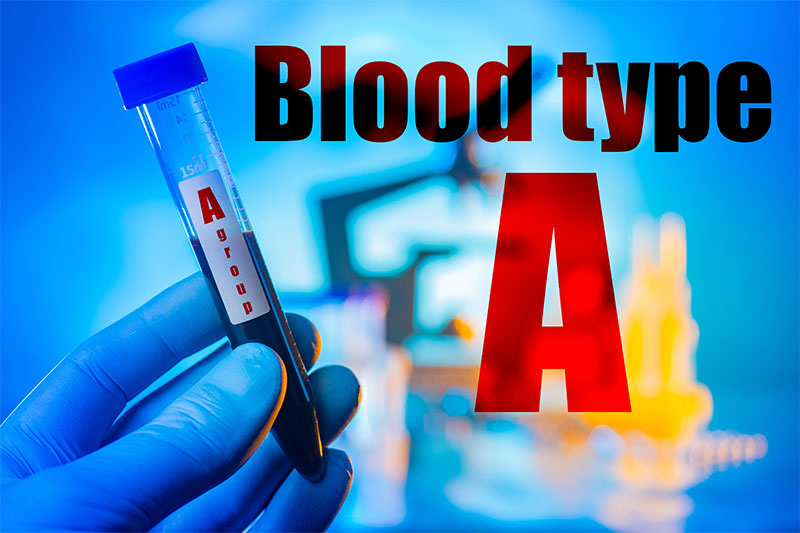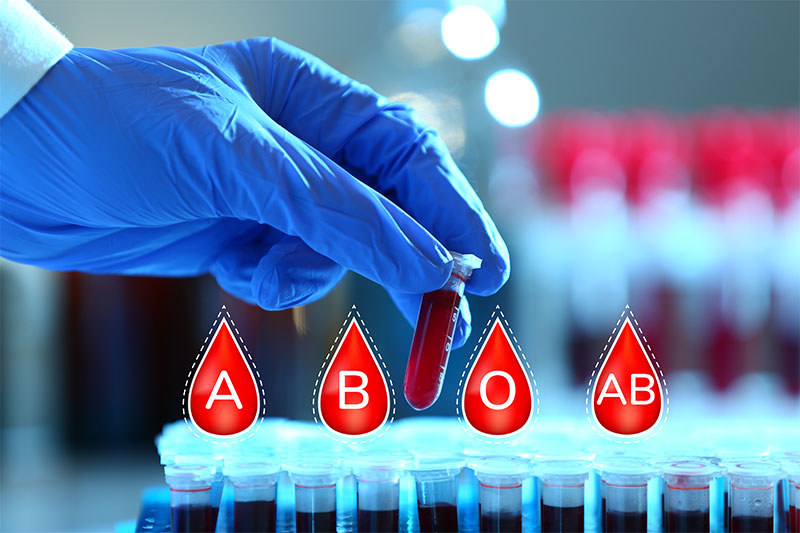Stomach cancer or gastric cancer is one of the leading causes of death in the USA. Doctors in the US diagnose over 26,000 cases of stomach cancer a year, and it used to be more of a leading death cause, but it is not as many as 11,000 deaths a year result from stomach cancer.

The reason the deaths are less now is the result of two recent breakthroughs, and the credit goes out to the American Cancer Society. More people are trying to eat smoked and salted foods in moderation as those risk causes of cancer. And fewer people have the bacteria Helicobacter pylori or H. pylori which can also increase the risk of stomach cancer. Many ulcers are caused by this bacteria. However, you are still at risk of developing stomach cancer if you have this blood type; Type A.
Having Type A Blood Increases Your Risk Of Stomach Cancer

If your blood type is A, then that alone can increase your risk of developing stomach cancer, as the link found between this blood type and gastric cancer was found in the 1950s. Researchers are still working on finding the nature of how the two are linked. And some believe that those who have this blood type are more susceptible to ending up with H. pylori infections than those who have O or B blood types. In fact, in 2012, it was found that those who have type O blood are less likely to end up with stomach cancer as the bacteria does not stick in those with that blood type because of the fact it does not have the antigens to attach to the way it does for type A.
Having A Family History Of Stomach Cancer Can Increase Your Risk

Regardless of your blood type, if your family does have a history of gastric cancer, then you may be at risk for it. If you have other conditions as well, then you could be at an increased risk of stomach cancer, too, such as chronic gastritis, gastroesophageal reflux disease or GERB, or Epstein-Barr virus. Also, if you have a history of polyps or ulcers in your stomach lining, as well as obesity, or autoimmune atrophic gastritis, then you are also at risk. And if you suspect you are at risk, based on these factors or having the A blood type, then you will want to keep an eye on your health.
What Are The Symptoms Of Stomach Cancer?
When you develop stomach cancer, the cancerous cells develop in the inner stomach lining and then begin to spread to other parts of your stomach. Signs of stomach cancer can be having a hard time swallowing and you may feel bloated after eating. You may also not be overly hungry, as you could feel full after eating a few bites of food. You may also have heartburn, nausea, indigestion, unexplained weight loss, and abdominal pain.
You may first think that you contracted a stomach virus or had a bout of food poisoning that could last for days, which is why you are not going to want to imagine the worst-case scenario. You will not be rushing to the doctor at first when you have the first set of symptoms. However, if the symptoms get worse over time and you realize that it is not a stomach virus or food poisoning, you will want to see your doctor.
Your doctor will screen you for stomach cancer, and if it is positive, then you will end up on the treatment of chemotherapy and or radiation. If it is early enough, then you have an excellent chance of going into remission, so it is best to not put it off if you have those symptoms.


